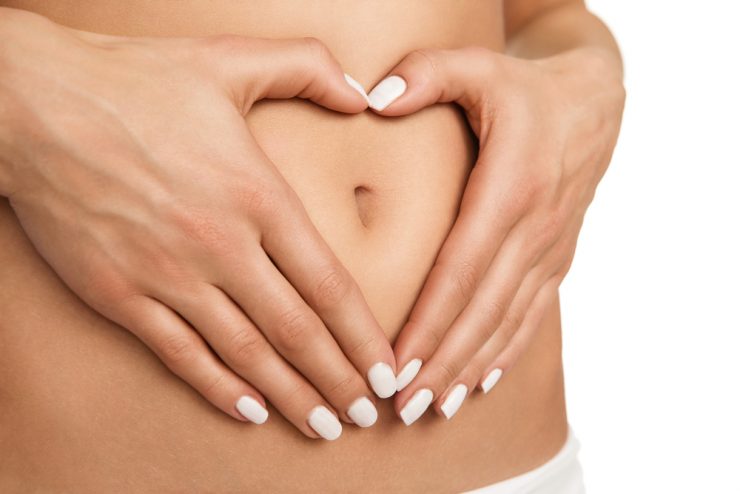“I have been suffering from severe digestive issues, with lots of bloating and flatulence, frequent constipation and diarrhoea and general malaise. I feel something I’m eating could be the problem but am not sure what and have no idea where to start looking. Have you any suggestions? I am a generally pretty fit 40-year old and reasonably healthy, with a varied diet.”
Clinical nutritionist, Suzie Sawyer answers.
There are many reasons why the body reacts to certain foods, and this can include a lack of digestive enzymes, sluggish liver function, stress or an over-reliance on certain foods. Initially though, and in cases like yours, it’s a good idea to understand what you’re eating on a daily basis, while monitoring symptoms. It’s essential that you keep a diary for a couple of weeks to track things as often you can see a definite pattern emerging.
Elimination diet
I also suggest you try an elimination diet for a month. The most common allergenic food groups are gluten and dairy so if you’re eating these, try eliminating one of them for a month (but not both at the same time). If any of these foods are causing issues, you will see improvements very quickly. Also, be aware of food additives; I’ve worked with a number of people who get severe stomach cramps and diarrhoea if they eat or drink anything containing aspartame, for example.
Digestive enzymes
When food is ingested, digestive enzymes are released which help break down and absorb the food. Often this mechanism is a little sluggish, which is where taking a broad-spectrum digestive enzyme at the beginning of each meal can really help.
Fruit
Additionally, do be aware of the times you are eating fruit and the amount of fruit you eat. Fruit isn’t always digested very well when eaten with other foods and can ferment, so is best eaten about two hours apart from other foods. Plus, the sugars and starches in fruit can often cause issues. You can also track this from your food diary.
Probiotics
The good gut bacteria that naturally reside in the digestive tract can also get upset and cause many of the symptoms you are describing. It is very common. This may be especially noticeable after a course of antibiotics or other medication. It’s certainly worth taking a course of probiotics for around three months to see if things improve.
Finally, if there is any blood in your stools or you are losing weight unintentionally, you do need to get things checked out by your GP as soon as possible.
























Add comment